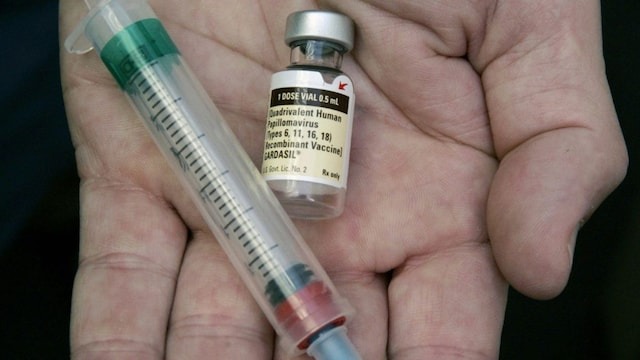
New Delhi: Just like other organs in the body, kidneys undergo changes as we age. While wrinkles and skin texture changes are visible signs of aging, the kidneys also experience a gradual decline in function, which can be detected through radiological studies and blood tests.
The nephrons, which are the functional units of the kidneys, naturally decline in number over time, leading to reduced kidney efficiency. While this is a normal aging process, certain health conditions like diabetes and high blood pressure can put additional stress on aging kidneys.
Understanding Kidney Function & Common Risks with Aging
eGFR (Estimated Glomerular Filtration Rate) – A Key Marker for Kidney Health
The eGFR test measures kidney function and helps assess how well the kidneys are filtering waste from the blood. A decrease in eGFR with age is natural, but a significant drop may indicate kidney disease.
Acute Kidney Injury (AKI) & Its Impact on Older Adults
Older kidneys are at a higher risk of Acute Kidney Injury (AKI)—a sudden loss of kidney function caused by factors like:
Dehydration from diarrhea or vomiting
Side effects of certain medications
Underlying health conditions
While AKI is often reversible, it can lead to chronic kidney disease (CKD) in the elderly if not managed properly.
How to Take Care of Your Kidneys as You Age
Annual Health Check-ups
Get a yearly kidney function test, including:
- eGFR (Estimated Glomerular Filtration Rate)
- UPCR (Urine Protein Creatinine Ratio)
- Urine Routine Test
These tests help detect kidney issues early, allowing for timely medical intervention.
Monitor Blood Pressure
- High blood pressure (hypertension) damages kidney function over time.
- Even if you don’t have hypertension, regular BP checks are essential for preventing kidney damage.
Keep Blood Sugar Levels in Check
- Diabetes is a leading cause of kidney disease.
- Routine blood sugar checks and strict diabetes management can prevent diabetic kidney disease.
Avoid Over-the-Counter Medications
- Painkillers (NSAIDs like ibuprofen and aspirin) can harm the kidneys over time.
- Always consult a nephrologist before taking new medications, especially if you already have kidney issues.
Be Cautious with Contrast Dye in Medical Tests
- Certain medical scans (CT, MRI) use contrast dye, which can be harmful to kidneys.
- If you have kidney disease, get a kidney function test before any scan requiring contrast.
Quit Smoking & Reduce Alcohol Consumption
- Smoking damages blood vessels, increasing the risk of kidney disease and cardiovascular issues.
- Excessive alcohol intake strains kidney function—limit or avoid alcohol for better kidney health.
Adopt a Healthy Diet
- Eat fresh fruits, vegetables, whole grains, lean meats, fish, and poultry.
- Reduce salt intake to prevent high blood pressure.
- Avoid processed foods, high sugar, and saturated fats, which can worsen kidney function.
Stay Active & Maintain a Healthy Weight
- Exercise for at least 30 minutes daily to improve circulation and kidney health.
- Maintain a healthy BMI—excess weight puts stress on the kidneys and increases the risk of CKD.
Be Careful with Supplements
- Some herbal supplements, weight-loss pills, and bodybuilding products can harm the kidneys.
- Always consult a doctor before taking any supplements.
Adjust Medication Doses for Kidney Health
- Elderly individuals with impaired kidney function need adjusted medication doses.
- Always get new medications approved by a nephrologist to avoid kidney complications.
Expert Advice on Kidney Health
Dr. Mayanka Lodha Seth, Pathologist at Redcliffe Labs, emphasizes the importance of early kidney health monitoring:
“Kidneys play a vital role in removing waste, regulating fluids, and controlling blood pressure. However, lifestyle habits and poor health management increase the risk of kidney disorders. Regular check-ups and proactive measures can prevent kidney damage as we age.”
Key Tips for Better Kidney Health
Control cholesterol levels – High cholesterol affects kidney function and heart health.
Treat UTIs promptly – Untreated urinary tract infections (UTIs) can damage kidneys.
Limit alcohol & quit smoking – Reduces kidney and cardiovascular risks.
Get regular preventive health check-ups – Early detection is key to preventing chronic kidney disease.
Final Thoughts
Kidney health often goes unnoticed until problems arise. However, by adopting healthy habits, monitoring key markers like eGFR, and managing existing health conditions, you can protect your kidneys and overall well-being as you age.

 Desk
Desk Share
Share






